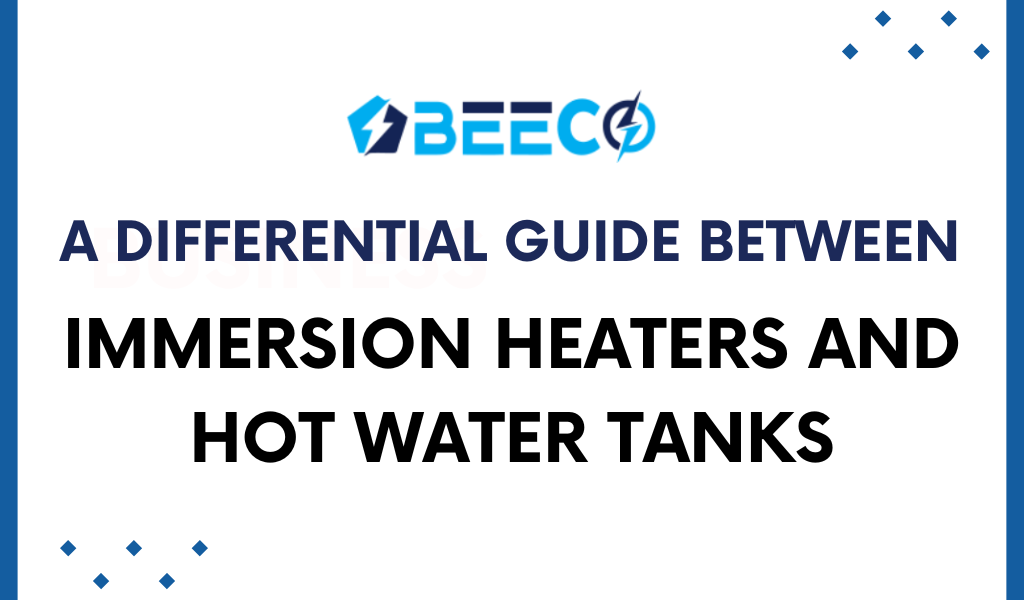Efficient Heating Solutions: The Advantages of Immersion Heaters
Heating is an essential process in many industrial and commercial applications, such as chemical processing, water heating, oil heating, food...

Posted by:
Category:
Comments:
Post Date:
If you are looking for a way to heat water in your home, you may have come across two different options: immersion heaters and hot water tanks. But what are the differences between them, and which one is best for your needs? In this blog post, we will explain what immersion heaters and hot water tanks are, how they work, and what are their pros and cons.
An electric device that uses a metal element immersed in a water cylinder to heat water directly is an immersion heater. The element heats the water around it like a large kettle by passing an electric current through it. The hot water rises to the top of the cylinder, where a tap or a shower can draw it off.
A hot water tank, on the other hand, is a storage device that holds water heated by another source, such as a boiler, a heat pump, or solar panels. Insulation and a thermostat keep the water at a constant temperature, and the water can be used for heating and washing purposes.
An immersion heater works independently of any other heating system, meaning that it can provide hot water even if the boiler is not working or if there is no gas supply. It can also heat water quickly, making it ideal for on-demand hot water needs. However, an immersion heater also has some drawbacks, such as:
A hot water tank, on the other hand, works in conjunction with another heating system, meaning that it can benefit from cheaper and greener sources of energy, such as gas, oil, or renewable energy. It can also store a large amount of water, ensuring that there is always enough hot water available for multiple uses. However, a hot water tank also has some disadvantages, such as:
The choice between an immersion heater and a hot water tank depends on several factors, such as:
At Beeco Electronics, we offer a range of immersion heaters and hot water tanks to suit your needs and preferences. We also provide expert advice, installation, and aftercare services to ensure that you get the best performance and value from your water heating system. Contact us today to find out more about our products and services.
Heating is an essential process in many industrial and commercial applications, such as chemical processing, water heating, oil heating, food...
Tubular heaters are one of the most common and versatile types of electric heating elements, used in a wide range...
An immersion heater is an electric device that heats water in a tank or cylinder by using a heating element...
Immersion heaters are devices that use electric resistance heating elements to heat liquids, gases, or solids in tanks, vessels, or...
